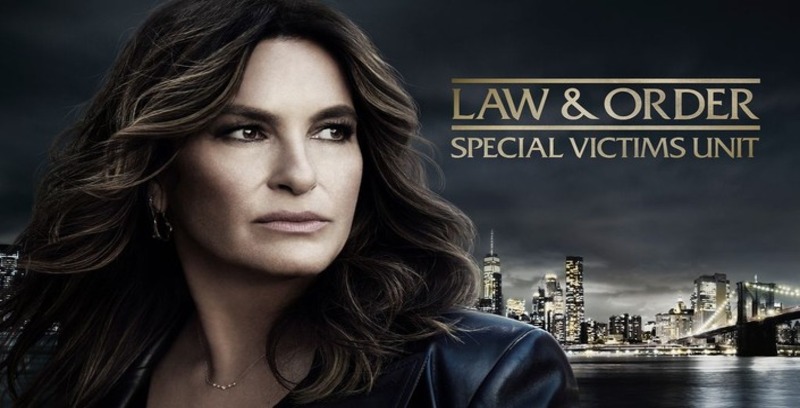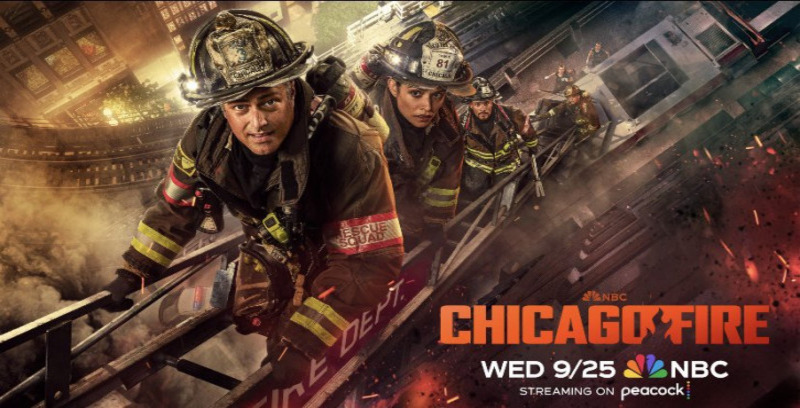The Nickel Boys is the adaption of Colson Whitehead’s novel of the same name, from the author of The Underground Railroad. It’s a harrowing, true-story inspired novel of a boy who gets in the wrong car on a lift to college only to find it’s been stolen, and gets arrested by the police before being sent to a reform school, that’s essentially prison. Segregated by the racial divide and put in a harsher, more brutal school than the whites’ only section, who get benefits of sport and other activities – Elwood bonds with kind veteran Turner, as we see the school from both boys unique first person POVs, alternating between them as we see the horror the school enacts on its subjects, both what is left said and what is left unsaid, both boys dreaming of a better future but being pessimistic about the present realities they live in.
RaMell Ross’ adaption of the book that saw Whitehead win the 2020 Pulitzer Prize is faithful, but ambitious. The system is rigged against both Turner and Elwood from the start, Hamish Linklater’s ruthless schoolmaster tells the boys that they can show good character and work their way to the top and earn their freedom, but later scenes reveal that’s not true, the system is rigged and other boys will find a way to tear you back down if not the staff themselves. The perspectives of Turner and Elwood are dived into and we get to see both encounters of their first meetings; the POV doesn’t just change the camera viewpoint but also alters their character – we see Turner’s pessimism drag down Elwood’s initial optimism.
Both characters show real depth, vulnerability and horror at what they’re witnessing – Elwood’s grandmother – played by the fantastic, brilliant Aujanue Ellis-Taylor - is turned away from greeting Elwood as he’s locked up in a hospital at the wrong end of a beating, but she gives a present to Elwood – and a letter, giving renewed hopes of freedom. Turner doesn’t hand over the letter, but perhaps out of guilt, fakes an illness to visit Elwood in the hospital. The style of the POV shooting gives the film an almost hypnotic perspective that’s hard not to be drawn to, you end up experiencing everything *with* the characters rather than sat back and watching them.
But also – an alternative take - it captures the world as it is remembered, rather than seen – these are Elwood’s memories, as we see mid-2000s Elwood let his trauma consume him and overwhelm him as he meets a surviving Nickel graduate in a bar – learning what happened and doing alright, but not spectacular, for himself. This is perhaps the most tragic of it all, incredibly poignant in a New York bar – the scenes between Daveed Diggs and Craig Tate make for arguably, the best-acted performance of the entire past year. There are echoes of a sinister nature here – The Nickel Boys recalls that of The Zone of Interest at times in its subject matter and its filmography, and the story subject vitally important and quintessentially American. It’s a major, major understanding once you get used to its POV – one of remembrance, what is remembered and what is not. What is understood only when you’re older.
The film is immersive, intense and moving; capable of breaking even the strongest of wills. 60s racism is so recent that there are survivors of its atrocities in the United States even today. Great books rarely make great movies; so you have every right to be sceptical going into this adaption – but like The Zone of Interest it sidesteps the curse in favour of telling a memorable adaption of Whitehead’s work. It is Ross’ debut fiction feature but he has worked in the documentary field before with Hale County This Morning, This Evening, which explains the authenticity of this approach – it feels real, lived in and honest – there’s no fake Hollywood grandstanding here – it all feels heartbreakingly true. Out of all of the best picture frontrunners it's likely to be the best one - which is why it probably won't end up on the final shortlist.














